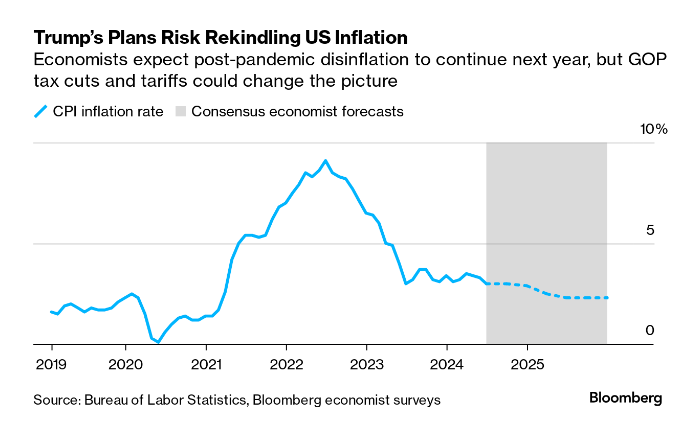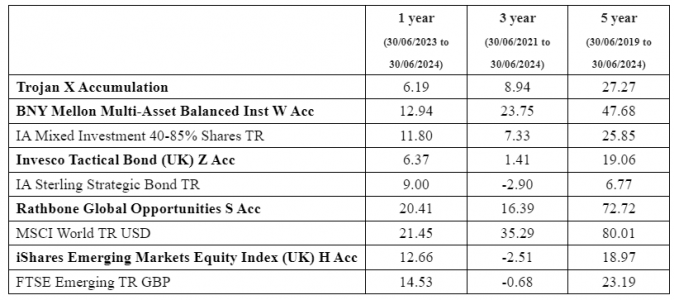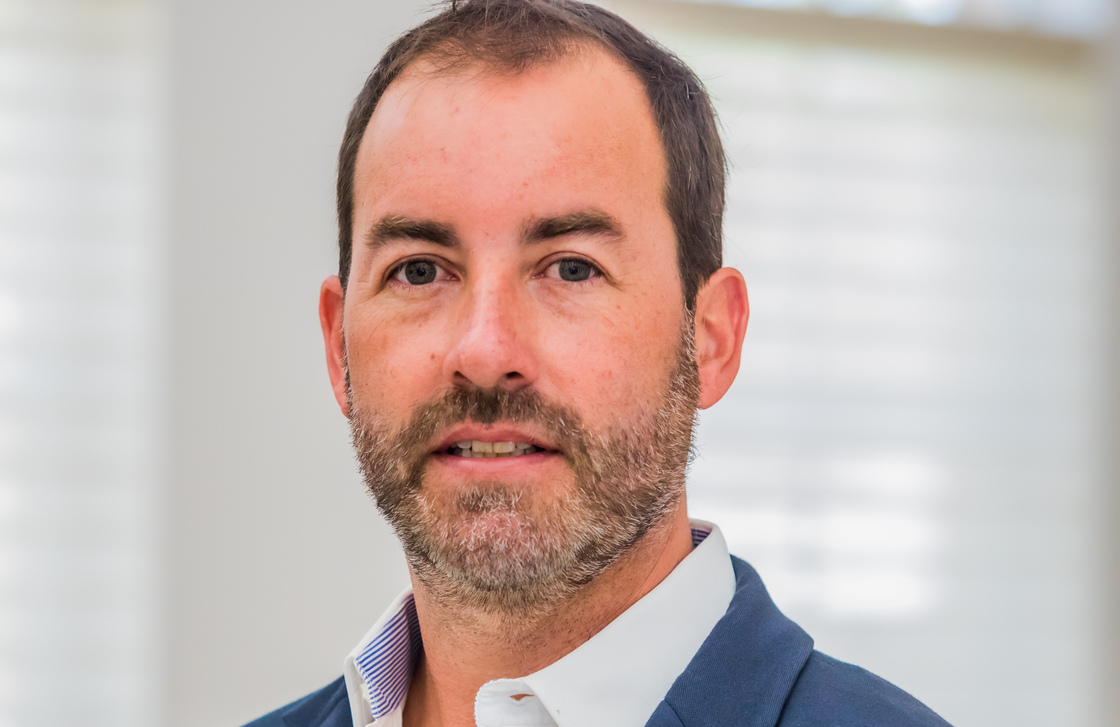Peter Stockall Returns to Tigris Investments to Strengthen the Firm’s Expansion in US Offshore and Latam
| By Amaya Uriarte | 0 Comentarios
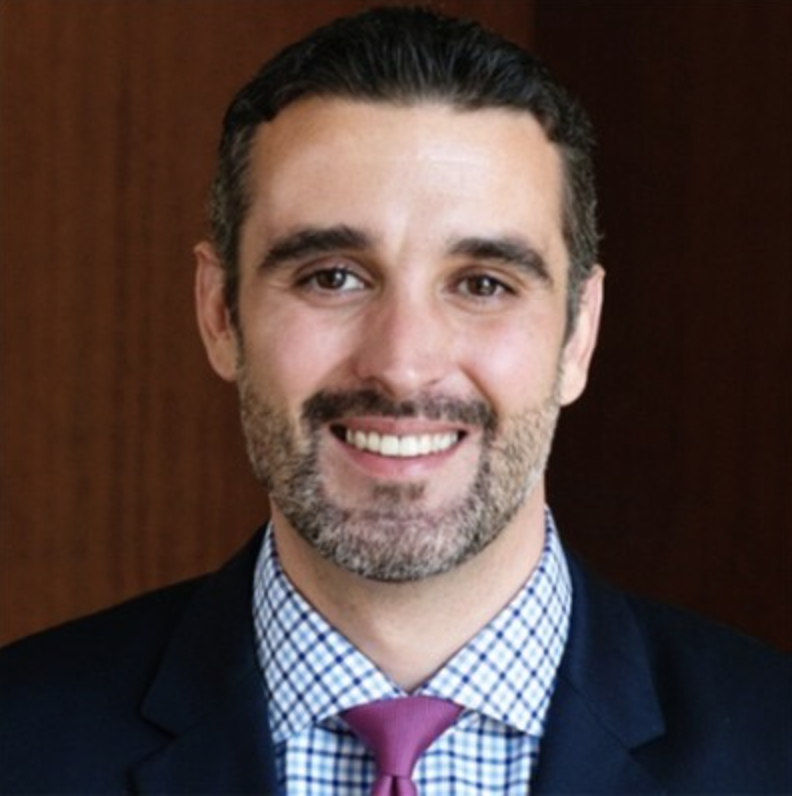
Tigris Investments announced this Tuesday the appointment of Peter Stockall as Managing Director, Head of the Financial Intermediaries Channel focused on business expansion in US Offshore and Latin America.
Stockall, based in Miami, returns to Tigris to oversee the company’s organic growth strategy. He was a member of the founding team of Tigris Investments and now returns after taking a break for family reasons.
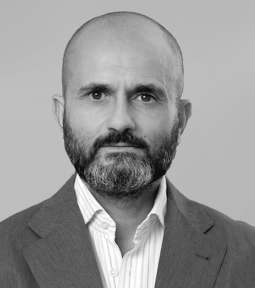
“At Tigris, we have a very clear vision that we only want to partner with highly specialized managers with exceptional track records. Differentiation in finding these gems is our added value. Peter will be responsible for articulating the message and ensuring that our products and managers are very close to the clients. Traditional marketing in our philosophy is secondary; our main marketing is to ensure that we find top-level managers with great results,” said José Castellano, Founding Partner, and Chairman of Tigris Investments, in an exclusive interview with Funds Society.
Stockall has more than two decades of experience in financial services, developed both in the United States and Latin America. Throughout his career, he has held positions at Carmignac (2017-2019), Pioneer Investments (2012-2016), and IMGP (2019-2022).
The executive brings more than 20 years of experience in the sector, and from Tigris “we share the vision of identifying market inefficiencies and leveraging them to create valuable opportunities for our clients’ needs,” the firm’s statement added.
Currently, Tigris works with clients across the region, such as brokers, private banks, and family offices, among others, explained Castellano, who added that the firm’s message “has resonated very well” and the results of Tigris managers support this.
“Initially, our most sophisticated clientele quickly receives and aligns with the message as soon as they see our product. Generally, in the market, there is still a bias towards universal managers with a strong commercial positioning and positive perception, but we believe this will dissipate towards managers capable of consistently generating results even if they don’t invest as much in marketing. Selectors also receive the message very well, as they know exactly the benefits of being independent and specialized, and they have more leeway to choose boutique managers,” detailed the Founding Partner.
Additionally, he will work on creating a team with strong cultural foundations based on service quality and the cutting-edge investment capabilities of the firm’s business partners.
“Tigris is confident that Peter’s passion for the business will be decisive and is very excited about what lies ahead for the company and its partners,” added Castellano.
“We recognize that our market is saturated and overly concentrated with asset managers; however, we firmly believe that the market share of high-quality independent managers remains minimal. This leaves us and our clients plenty of room to improve portfolios and allow for true differentiation,” stated Stockall.
Tigris has reinforced its mission to bring in the highest quality managers with a strong research team led by Manuel Sánchez Castillo, who will also oversee all corporate activity of the company.
The US Offshore Region
In nearly 30 years since Tigris executives started in the industry, they have seen the US Offshore and Latin America market evolve **“and it’s true that it hasn’t stopped growing in assets and all kinds of players, but I think today the ‘lion’s share’ is with universal managers just as it was 10 years ago, and this is where we see the opportunity. The large managers increasingly compete in marketing while becoming more passive due to the enormous volumes they handle,”** reflected Castellano.
However, in parallel, a great ecosystem of top managers has emerged who **“have decided to have their own boutique where they don’t have a CIO telling them where to invest, nor do they have to comply with corporate bureaucracy rules, but instead focus on making the best investments. This is just a small reflection of where the industry is going between passives where critical mass is fundamental and alpha, which is exactly the opposite. This is where we analyze and find the best alpha-generating managers,”** said Castellano.
Castellano, who assured that he is not worried about market share, stated that on the service side **“there is an oversaturation of marketing and salespeople, and specialization is necessary.”**
**“Today, personal interaction with clients is much more difficult, but the number of wholesalers continues to grow. For us, the key is the quality of the product and correct communication with the client; this is the best marketing,”** he concluded.


